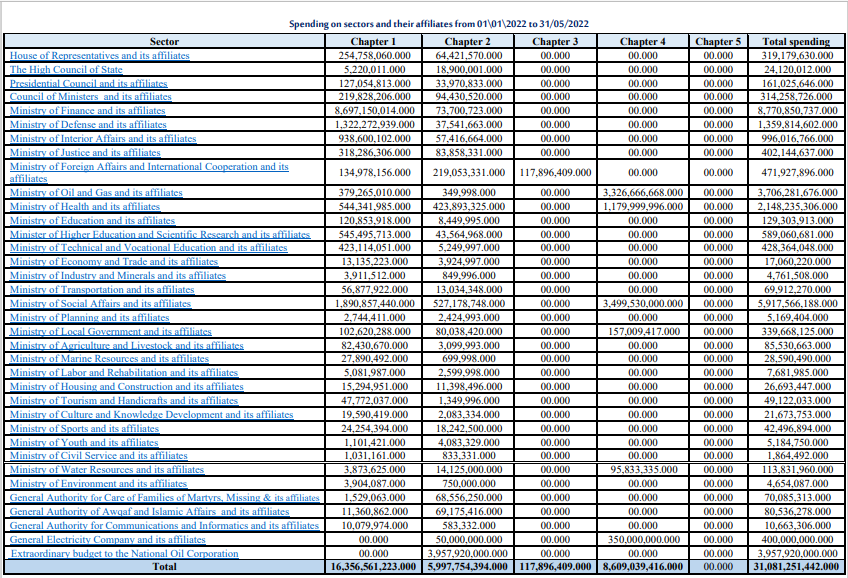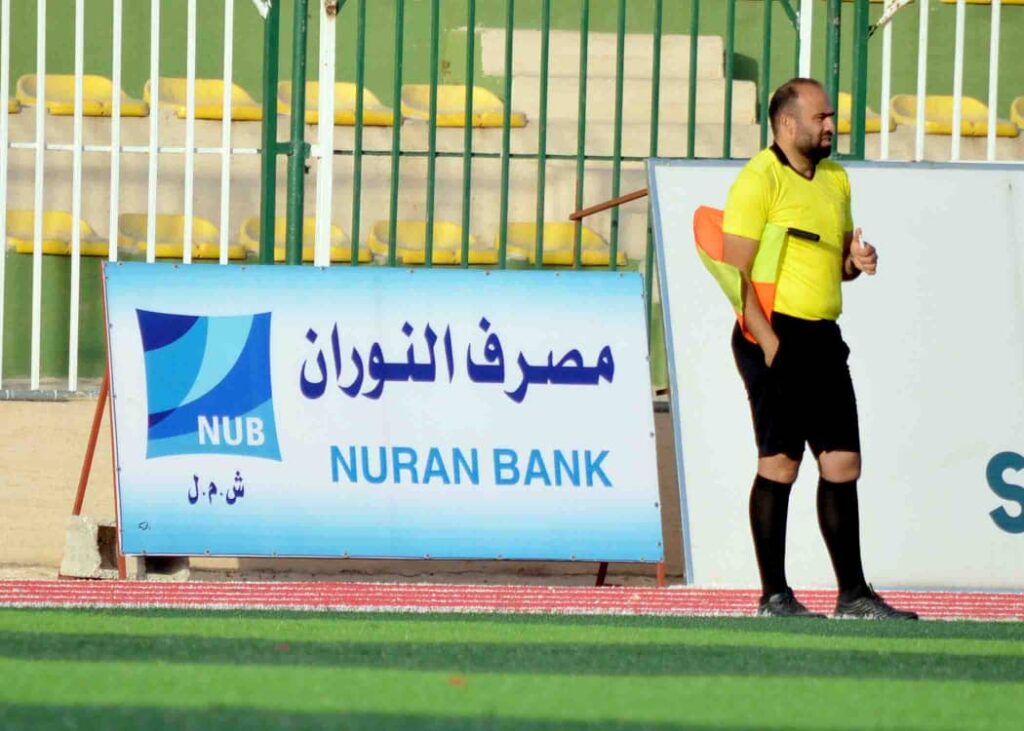The economic bulletin issued for the first quarter of 2022 revealed an increase in money supply in the general sense, or what is known as local liquidity, to record a money supply of about 104.1 billion dinars, compared to 100.6 billion at the end of the last quarter of the last year 2021.
According to the bulletin, this increase is a result of the increase in demand deposits from 65.5 billion dinars at the end of the last quarter of 2021 to 69.4 billion dinars at the end of the first quarter of 2022, while the currency outside the banking sector recorded a decrease of about 800.0 million dinars at the end of the first quarter 2022 compared to the previous quarter.
The economic bulletin data indicates that the money supply has witnessed a significant decrease in the year 2021, by about 25.0 billion dinars compared to the year 2020.
The monetary survey showed a decrease in net foreign assets by 9.5 billion dinars equivalent to 2.0 billion dollars, to record 337.0 billion dinars in the first quarter of 2022, compared to 346.5 billion dinars in the previous quarter.
The total assets (excluding the regular accounts) of the commercial banks combined increased from about 135.0 billion dinars at the end of the last quarter of 2021 to about 143.0 billion dinars at the end of the first quarter of the current year 2022.
The total loans and facilities granted by commercial banks increased from 19.6 billion dinars at the end of the last quarter of 2021 to about 21.4 billion dinars at the end of the first quarter of 2022.
The commercial banks collectively maintained a high level of liquidity in their treasuries during the first quarter of 2022, as the cash balance in March 2022 amounted to about 2.7 billion dinars, and 3.2 billion dinars at the end of February 2022, and this improvement is the result of lifting restrictions on foreign exchange operations.
The bulletin witnessed the regularity of banks selling foreign exchange for all purposes throughout the months of the year 2021, after adjusting the exchange rate starting from 2021, and this in turn was clearly reflected in solving the liquidity problem. Customer deposits with commercial banks increased from 92.1 billion dinars at the end of the fourth quarter of 2021, to 97.5 billion dinars at the end of the first quarter of 2022, equivalent to about 5.4 billion dollars.
Demand deposits constituted 79.7% of total deposits, time deposits constituted 20.0% of total deposits, while savings deposits constituted only 0.4% of total deposits.
Concerning the distribution of these deposits, the private sector deposits in the first quarter of 2022 amounted to 59.2 billion dinars, equivalent to 60.7% of the total deposits, while the balance of public and government sector deposits constituted the remaining 39.3%, equivalent to 38.3 billion dinars, of which 25.9 billion Dinars are deposits of public sector companies and institutions, and about 12.4 billion dinars are government deposits.
The economic bulletin for the first quarter of 2022, issued by the Central Bank of Libya, indicates that the inflation rate was recorded during the first quarter at 4.9% on an annual basis, adding that the data source is statistics and censuses. The general consumer price index rose during the first quarter of 2022 to record 284.6 points, an increase of 13.2 points on an annual basis, compared to 271.4 points during the same period of the previous year, as a result of the rise in prices in most commodity groups.
The food group index reached 323.5 points, an increase of 15.8 points, equivalent to 5.1%, and the clothing and footwear group record were 428.9 points, an increase of 17.1 points, equivalent to 4.2%.
The index of housing, water, electricity, gas and other types of fuel also increased, as it scored 186.6 points, an increase of 10.6 points, equivalent to 6.0%.
The index of the furniture and household appliances group also increased by 13.9 points to record 361.6 points, equivalent to 4.0%, and the health group scored 345.0 points, an increase of 10.2 points, equivalent to 3.1%.
The transport group index also recorded a remarkable increase of 19.9 points to reach 207.1 points, equivalent to 10.6%, and the communications group also increased the record by 0.6 points, to reach 83.6 points, which is an increase of 0.8%. The index of the entertainment and culture group scored 206.5, which represented an increase of 2.2 points equivalent to 1.1%. For the group of restaurants and hotels, the index also increased, recording 345.3 points and increased by 4.9 points equivalent to 1.4%, as well as the group of other goods and services witnessed an increase in the index of 11.3 points, recording 296.7 points and increased by 4.0%.
The index of the tobacco group decreased by 0.3 points, equivalent to 0.1%, while prices were stable in the education group.



















